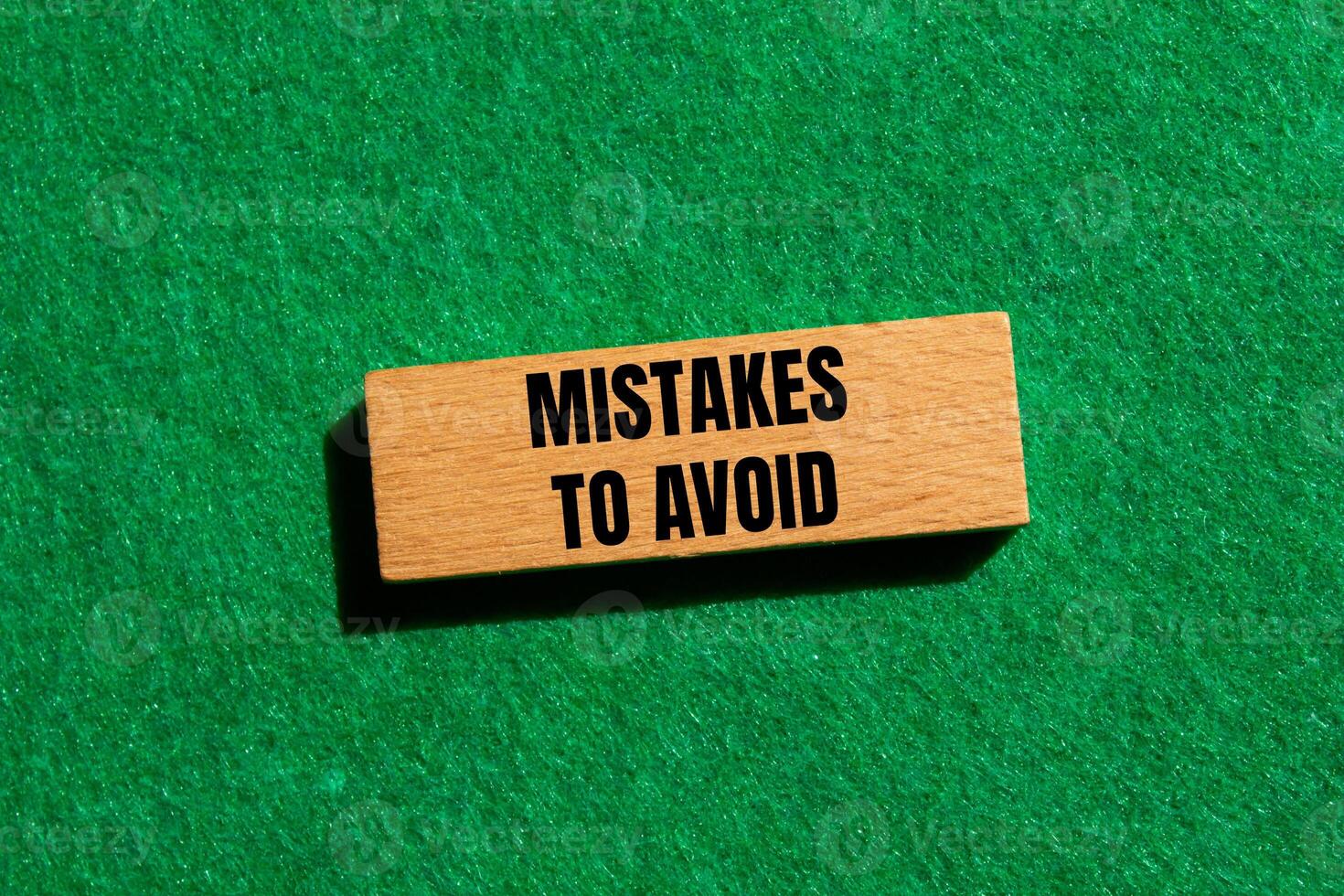Avoid These 5 Common Mistakes in Copyright Registration Filing
Filing for copyright registration is a vital step to protect your creative work, but even seasoned creators and businesses can stumble over avoidable pitfalls. These common mistakes can lead to delays, rejections, or weakened protection—costly problems that dampen your creative and business momentum. To help you file confidently and successfully, here’s a humane guide to the top 5 pitfalls to steer clear of when registering your copyright in India in 2025.
1. Missing the Deadline or Delaying the Application
Timing is crucial. Although copyright protection exists automatically, registered copyrights provide essential legal proof. Waiting too long to file can risk losing valuable rights, weaken enforceability, and complicate dispute resolution. Filing promptly after completion or publication of your work maximizes your protections and credibility.
Tip: Mark your calendar early and submit your application through the official portal (copyright.gov.in) without delay.
2. Incomplete or Incorrect Documentation
Insufficient or poorly prepared documents are one of the most common reasons for application rejections or delays. This includes missing forms, improperly formatted copies of your work, unsigned statements, or a lack of identity proof. Without clear, complete evidence, the Copyright Office cannot adequately verify your claim.
Tip: Double-check that Form XIV and all necessary documents (copies of your work, payment proofs, identity documents) are complete, well-organized, and comply with prescribed formats (PDF/JPEG, size limits).
3. Neglecting the Objection Period
After submitting your application, there’s a 30-day public notice period where others can file objections. Failing to monitor emails or the online portal for notices, and not responding timely manner to queries or hearings, can result in automatic rejection of your application.
Tip: Keep a close eye on your application dashboard and emails. Respond promptly and provide clear evidence if objections arise.
4. Using Vague or Emotional Language in Statements
Your statement of particulars and objection explanations must be clear, factual, and legally sound. Overly emotional or ambiguous claims can confuse examiners and weaken your case. Precise articulation of authorship, originality, and ownership backed by evidence is essential.
Tip: Stick to facts and dates, use professional language, and if needed, consult IP experts or legal counsel to draft strong statements.
5. Overlooking Digital Requirements and Portal Guidelines
The 2025 copyright system in India is fully digital, with strict requirements for file formats, labeling, and size. Uploading incorrect file types, oversized files, or misnamed documents can delay processing or cause your application to be rejected outright.
Tip: Follow the portal’s technical instructions carefully. Scan and prepare documents as PDFs or JPEGs within size limits, and name files clearly (e.g., “ObjectionStatement.pdf”).
Copyright registration doesn’t have to be stressful or mysterious. Avoiding these common mistakes brings clarity, speed, and peace of mind to safeguarding what you’ve created. Whether you’re a freelancer, artist, startup founder, or corporate innovator, filing thoughtfully and precisely protects not just your work but your future growth.
Visit - https://www.filingworld.in/
#filingworld
